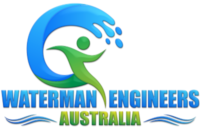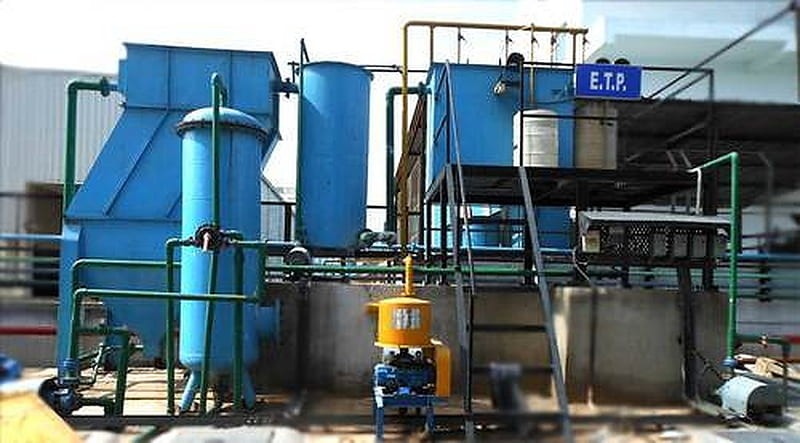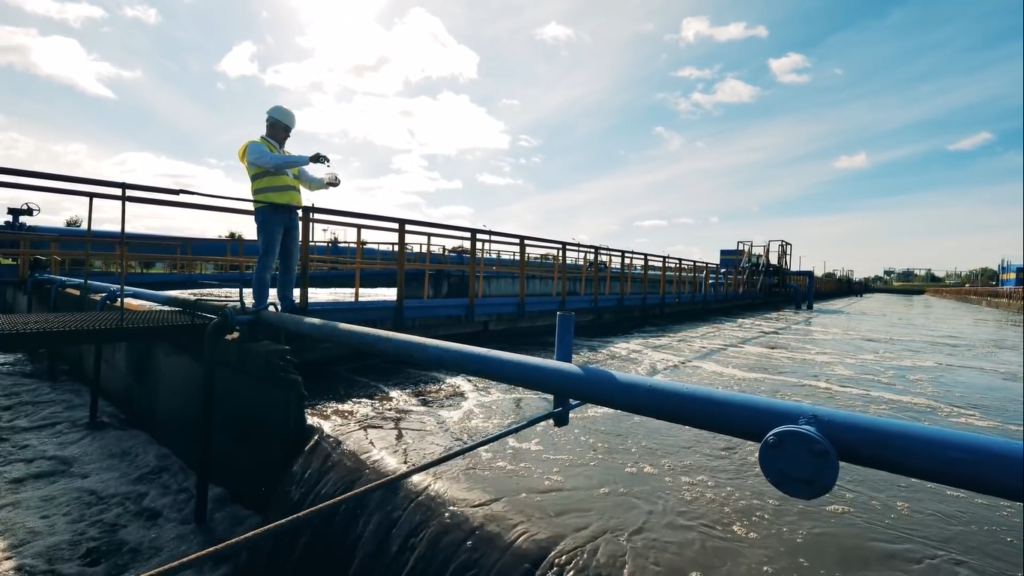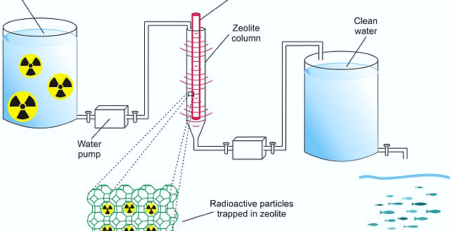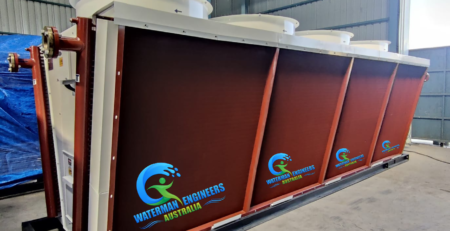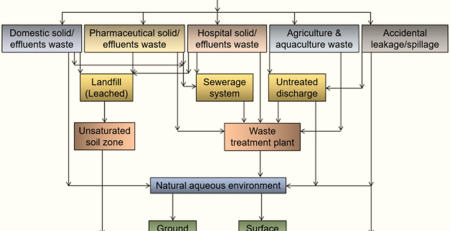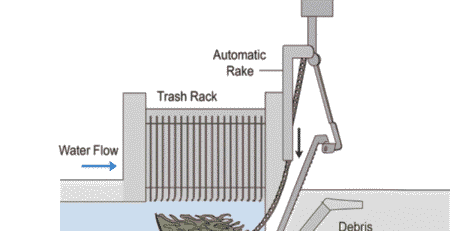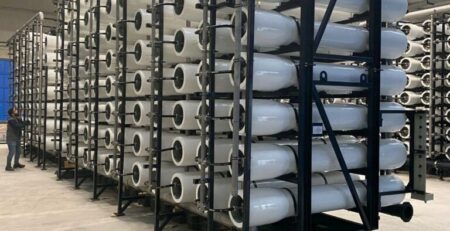Choosing the Right Effluent Treatment Plant for the Thailand Market
If you’re in the market for an effluent treatment plant, then you probably already know that there are various options to choose from. However, there are some things you need to consider when choosing a water treatment system that’s right for you. Read on to learn more about the options available to you.
How is the Growth of Water and Wastewater Treatment Technologies Market in Thailand?
The water and wastewater treatment technologies market has experienced significant growth in the Asia Pacific region. This is attributed to rapid urbanization and economic development in the region. These factors have led to increased demand for processed water. In addition, strict environment policies have contributed to expansion in the Asia Pacific. Also, the Thailand market is anticipated to experience strong growth in the future.
In terms of market segments, the primary water and wastewater treatment process segment held a market share of more than 50% in the global market in 2022. In addition, the secondary treatment process accounted for more than 36% of the global market in that year. It is expected to experience significant growth in the next five years.
Increasingly, Thailans governments have taken a number of initiatives to provide pure and safe drinking water to their citizens. As a result, there is a need for proper disposal of wastewater from industries. This is accompanied by the need to develop efficient treatment equipment for the municipal sewage treatment industry.
The need for clean drinking water is fueling the growth of the Asia Pacific water and wastewater treatment services market. It includes design, operation and maintenance. This segment is expected to grow at a CAGR of 4.4% in the next five years. In addition, the Thailand market is expected to expand due to the rising population and growing economy. In addition, the National Infrastructure Program is expected to drive the market for disinfection equipment.
Other major tertiary water and wastewater treatment technologies are activated carbon, chlorination, ozonization, and UV Radiation. The application of these processes is expected to increase in the coming years, as the technology continues to advance.
The wastewater treatment technologies market is characterized by a high degree of technological innovation, and there are several companies like Waterman Engineers Australia, who have developed new systems to increase the capacities of the primary and secondary treatment processes.
What is the Impact of Effluent Treatment Plants on Supply Chain and Logistics?
For the Thai market for effluent treatment plants, the impact of supply chain and logistics is of paramount importance.
The GSCM is a growing topic in Thailand. For example, the floods of 2010 affected the supply chains of several Japanese auto manufacturers with plants in the country. This led to a number of companies relocating production to neighbouring regions.
A GSCM is a strategic business tool that multi-national auto firms must employ in order to remain in competition with their smaller competitors. It can be a cost-effective endeavour to build a robust, decentralized supply chain to mitigate the effects of such events.
One of the most important steps for building a resilient supply chain is to understand the risk. To identify the most effective mitigation measures, managers need to understand the scale and scope of disruptions. They can also improve resilience by taking preventative measures. A good first step is to make a contingency plan.
While this might seem like an impossible task, it is actually a fairly straightforward undertaking. In fact, it is one of the most basic functions of an operations manager. The process involves identifying contextual factors that influence operational performance. The model will then generate possible solutions that can increase operational efficiency.
It is not uncommon for the supply chain to evolve over time. A major change can occur in the form of new product development or experience gained in a new industry. Some companies are considering regionalizing their supply chains to better serve markets in the developed world. It may be more efficient to outsource some operations to companies in other countries.
There are numerous supply chain management techniques that can be used to maximize the potential of a company. For example, improving customer service can help reduce the costs associated with transporting goods. It is also useful to outsource certain processes such as data collection. These methods are less expensive than having a full-time employee.
Acceptability of Wastewater Treatment by the Residents of Bangkok
Bangkok, a highly urbanized city, faces water pollution problems. It is home to a dense network of canals and the Chao Phraya river, which contributes to pollution. A wastewater management system is needed to alleviate the problem. The system should be adapted to the needs of the city. This is the most effective and economical solution. However, acceptance of the system will be determined by the citizens’ knowledge and attitudes toward the treatment of waste.
The acceptability of a wastewater treatment system depends on the local and global environmental problems that the city is facing, as well as the personal attributes and experiences of the residents. For instance, it is believed that people are more likely to support a project that provides clean water to farmers. It is also important to consider the pollutant discharge reduction function of the wastewater treatment system, especially in developing countries.
The research used a case study to assess the acceptability of a wastewater treatment project in Phayathai, a district in Bangkok Metropolitan Area. The results showed that more educated farmers are more likely to support a wastewater treatment project. The respondents were also interviewed about their experiences with sewage stench and the effects of polluted surface water on their health.
The results showed that income, education, and age are significant demographic characteristics. The respondents were also aware that reclaimed water is environmentally sustainable. The reliable study also examined the role of non-state actors in policy networks. The study also used a contingent valuation method to value the projects.
There are two options for the wastewater treatment system in Bangkok. One is the traditional method, which requires a large underground network of pipes. The other is an extended sewer network. The cost of the traditional system is high, so the city has started to install centralized wastewater treatment systems.
What is Tertiary Water Treatment in Effluent Treatment Plant?
Tertiary water treatment in effluent treatment plant is used to remove the remaining inorganic compounds and parasites. It is also used to improve the quality of the water. It can be reused for irrigation, industrial cooling and processing, or recreational uses. It can be treated in a number of ways, including membrane bioreactors, membrane filtration with photobioreactors, microfiltration, and forward osmosis.
The Bottom Line
Prior to being released into the environment or utilised again, waste water that has been polluted in some manner by manmade commercial and industrial activity is treated using methods and techniques known as industrial waste water treatment. Its goal is to create a solid waste stream that can be recycled or disposed of, as well as a fluid waste product that is safe for the environment.
Most businesses in a variety of sectors utilise effluent treatment plants (ETPs) to purify water and eliminate any toxic and non-toxic elements or compounds from it so that it may be reclaimed or discharged in the environment with minimal environmental impact.
